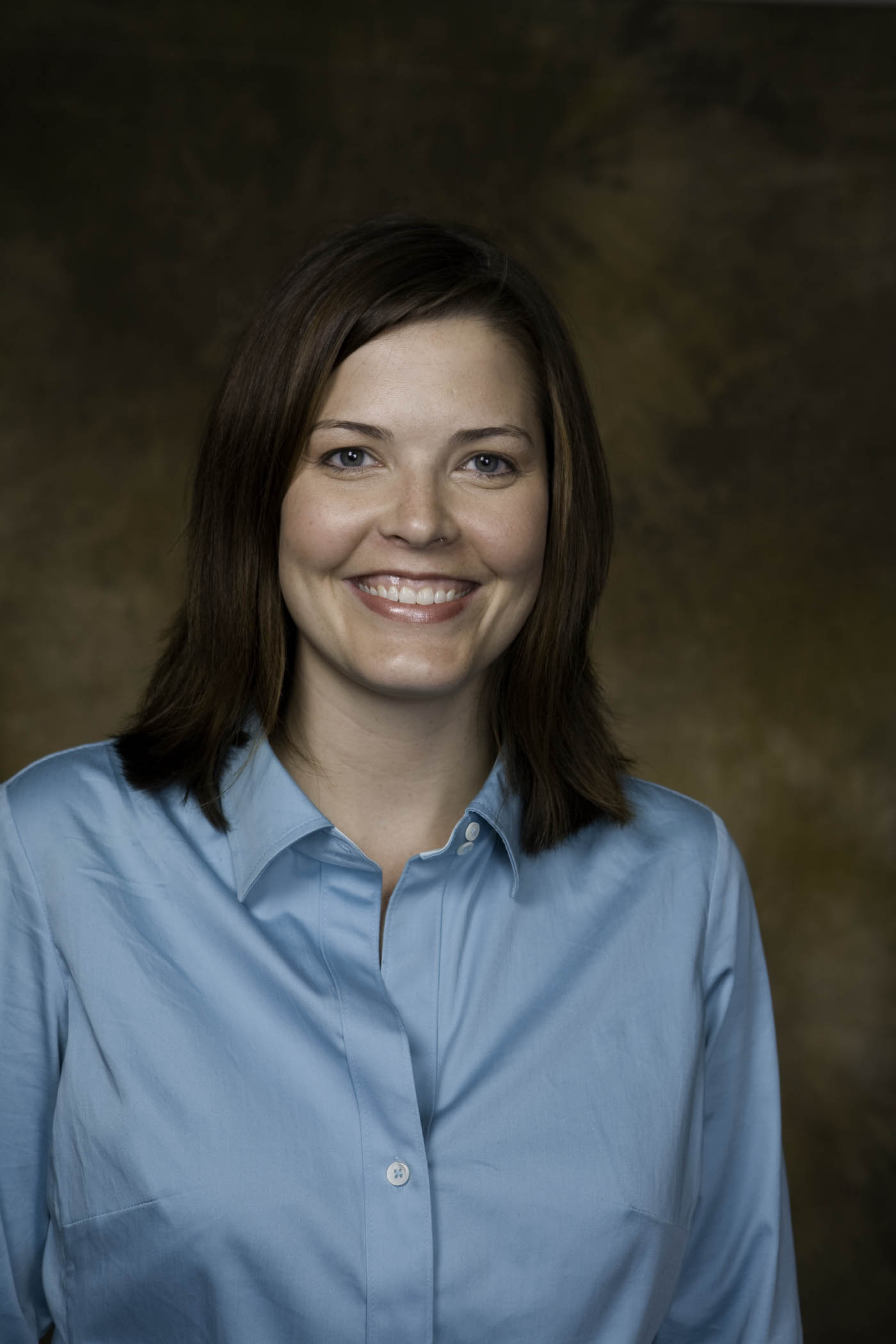
FAYETTEVILLE, Ark. – Education researchers at the University of Arkansas have taken an important first step toward better understanding both formative assessment and how to get the information teachers need to improve classroom instruction.
Formative assessment involves the use of ongoing feedback and evaluation to monitor students’ progress and adjust instruction. For example, at the end of a unit, a teacher might ask questions of the class or give a written quiz to quickly determine how effective the instruction has been and whether there are areas that need to be revisited.
In contrast, summative assessment, which includes final exams or benchmark exams, evaluates students’ academic development at the end of a course.
In “A Critical Review of Research on Formative Assessment: The Limited Scientific Evidence of the Impact of Formative Assessment in Education,” Karee E. Dunn and Sean Mulvenon clarify terminology related to formative assessment and provide a critical analysis of the published reports on studies of formative assessment.
A key point in their paper is that summative assessments, such as benchmark exams, can be used for formative purposes. That is, the data collected in benchmark exams can be used to improve classroom teaching.
Although assessments may initially be designed to be formative or summative, the researchers wrote, “It is the actual methodology, data analysis, and use of the results that determine whether an assessment is formative or summative.”
This approach opens the door to use of the data gathered in benchmark exams to serve formative needs.
“We’re teachers, too, and we know we miss things in class and have to go back and fill in the holes,” Dunn said. “If we can provide teachers with useful information from the benchmark exams, let’s help them figure out exactly where those holes are.”
Dunn noted that testing has gotten a bad reputation in the implementation of No Child Left Behind. As a researcher with the National Office for Research on Measurement and Evaluation Systems at the University of Arkansas, Dunn sees the positive potential in testing.
“If we can make testing into a useful tool in the classroom, then let’s be responsible scholars and help out our schools,” Dunn said.
While formative assessments can provide information to improve teaching and learning, the researchers found roadblocks to understanding the effectiveness of the use of formative assessment in the classroom. First, there is not a commonly agreed-upon vocabulary to discuss the various activities that are considered to be formative assessment. Second, there is limited scientific evidence that the use of formative assessments in the classroom directly improved learning.
“As a result,” the researchers wrote, “this is a time of both great potential and vulnerability due to the limited existence of scholarship demonstrating that students’ achievement increases as a result of formative assessments.”
To follow up on their review of formative assessment, Dunn and Mulvenon will examine statistical modeling of benchmark exams to provide formative feedback to classroom teachers.
Dunn is a clinical assistant professor of educational statistics and research methods in the College of Education and Health Professions at the University of Arkansas. Mulvenon is a professor of educational statistics and research methods and director of the National Office for Research on Measurement and Evaluation Systems. Their review of formative assessment research has been published in the peer-reviewed electronic journal Practical Assessment, Research & Evaluation.
Contacts
Karen E. Dunn, clinical assistant professor, educational statisti
College of Education and Health Professions
479-575-8465, kedunn@uark.edu
Barbara Jaquish, science and research communications officer
University Relations
479-575-2683,
jaquish@uark.edu